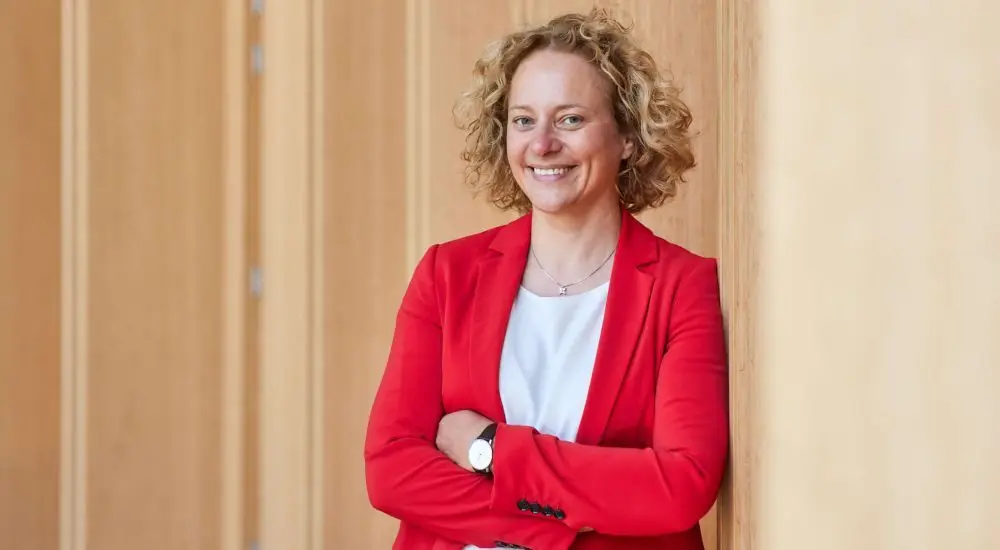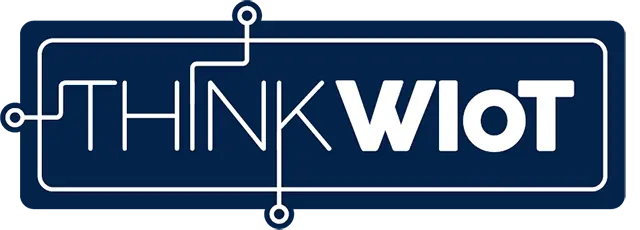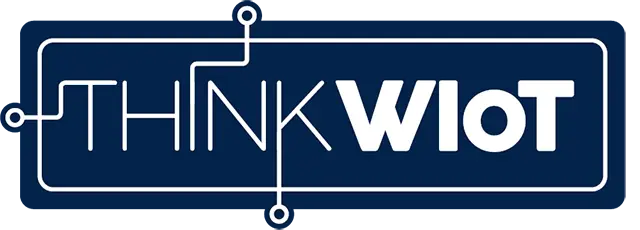Pioneer of the quantum internet: Stephanie Wehner receives the 2025 Körber Prize

German computer scientist and quantum physicist Stephanie Wehner has been awarded the Körber Prize for European Science 2025. The prize, one of the most highly endowed research prizes worldwide, is worth one million euros and recognizes Wehner's groundbreaking research on the quantum internet—a technology that is redefining communication, data security, and computing power.
The quantum internet – a new era of communication
The quantum internet is not a replacement for today's internet, but rather a complement to it. It is based on two fundamental principles of quantum mechanics:
Superposition: Quantum bits (qubits) can be 0 and 1 at the same time. This allows certain computing operations to be accelerated massively.
Entanglement: Two particles can be connected across any distance. If one is measured, the state of the other is immediately known – without classical information transfer.
These properties enable applications that go far beyond what is possible today:
Tap-proof communication through quantum cryptography
Distributed quantum computing, in which quantum computers at different locations work together
Secure infrastructure for power grids, financial transactions, or healthcare
Research advances, for example through networked telescopes or microscopes
Stephanie Wehner's contribution – from QNodeOS to the Quantum Internet Alliance
As Antoni van Leeuwenhoek Professor of Quantum Information at Delft University of Technology and Director of the Quantum Internet Alliance (QIA), Stephanie Wehner has laid crucial foundations for the realization of the quantum internet.
With QNodeOS (Quantum Node Operating System), she developed the world's first operating system for quantum networks. It allows applications to be written without the need for in-depth knowledge of quantum hardware. This makes the technology accessible to research and industry.
Under her leadership, the QIA, an alliance of 42 partner institutions, is working to establish the first quantum network between European metropolitan regions by 2030 – as a prototype for a pan-European quantum internet.
Her vision: "My goal is to make nature's ultimate form of communication – quantum communication – available to everyone."
Differences between QNodeOS and classic network protocols
While classic network protocols such as TCP/IP regulate data transfer between computers, QNodeOS focuses on orchestrating quantum operations. It enables multiple programs to run simultaneously on a quantum node, while managing critical quantum resources such as entanglement and quantum memory.
QNodeOS provides an abstraction layer that allows developers to write applications without having to know the specific characteristics of the hardware, such as trapped ions or diamond NV centers. This is similar to the function of an operating system such as Android or Windows for classical computers and makes programming the quantum internet much easier.
Stephanie Wehner – Researcher, Hacker, Visionary
Stephanie Wehner was born in Germany in 1977. She discovered her passion for communication and networks at an early age.
In 1997, she worked as a network administrator for the Dutch internet provider XS4ALL.
While studying computer science in Amsterdam, she worked as an ethical hacker – an experience that gave her a unique understanding of IT security.
In 2008, she earned her doctorate in quantum cryptography. Her academic career took her to the California Institute of Technology (Caltech) and the National University of Singapore before she returned to Delft in 2014.
Today, she is a member of the Royal Netherlands Academy of Arts and Sciences, co-founder of the international QCRYPT conference, and scientific advisor to the spin-off Delft Networks.
Her career shows an extraordinary combination of practical IT security, theoretical physics, and applied quantum research.
"For me, the quantum internet is more than a research project—it is the next step in the history of communication. With QNodeOS, we have created a foundation that allows people to use quantum computers without having to be physicists or engineers. My motivation is to bring this technology out of the lab and into everyday life – so that Europe and the world can benefit from communication that is more secure, faster, and more connected than anything we have known before."
Stephanie Wehner, Körber Prize winner 2025
Europe in the Year of Quantum Research
The award coincides with the United Nations' Year of Quantum Research 2025, which also marks the centenary of quantum mechanics.
With Wehner's work, Europe has the opportunity to take a leading role in this key technology:
Scientifically through cutting-edge research in quantum physics and computer science
Economically through new jobs and start-ups
Socially through secure digital infrastructure
"We have developed the first operating system for quantum networks in Europe. Technologically, we are in a very good position – now we need to build a strong European ecosystem," emphasizes Wehner.
Think WIoT Assessment – Significance for IoT
The quantum internet is also hugely relevant for the wireless IoT world:
Maximum security for data streams from billions of IoT devices
New possibilities for sensor networking, even over long distances
Performance upgrade for critical infrastructures, from energy supply to medicine
Software as the key: Just as QNodeOS lays the foundation for quantum networks, the combination of hardware and intelligent software will also determine success in the IoT
In the future, the quantum internet could form the security and innovation foundation for a networked world that goes far beyond today's IoT structures.
Further information
Detailed information about Stephanie Wehner and the 2025 Körber Prize can be found on the official website of the Körber Foundation: Stephanie Wehner – 2025 Körber Prize for European Science.

